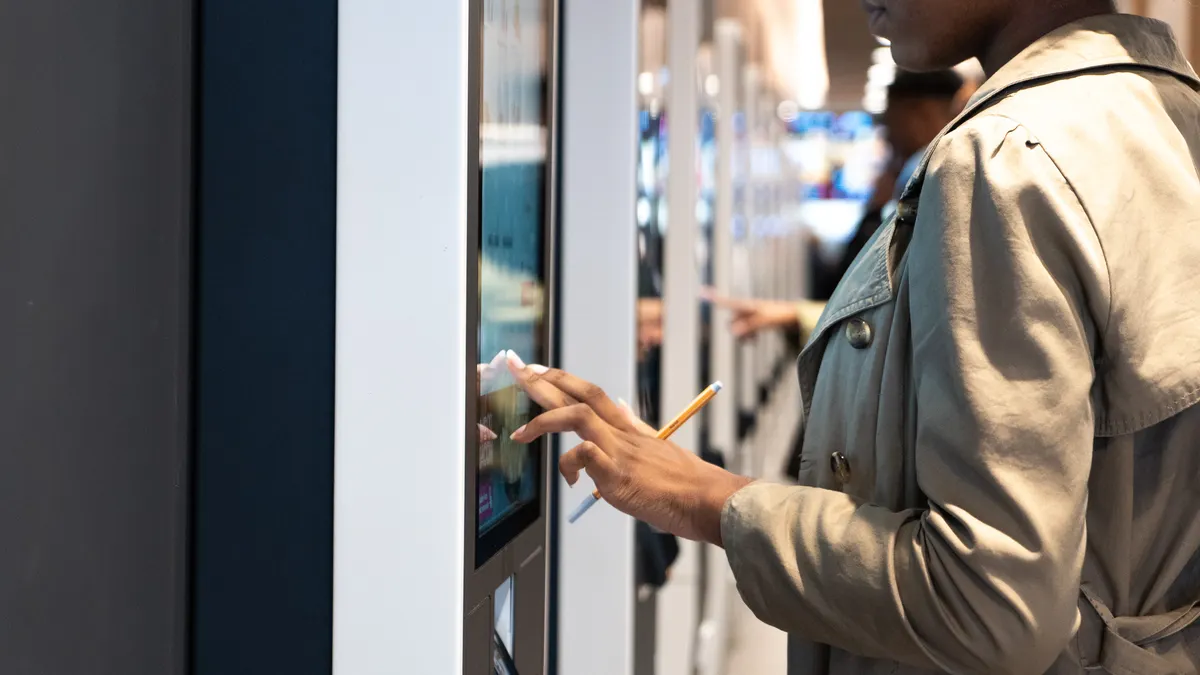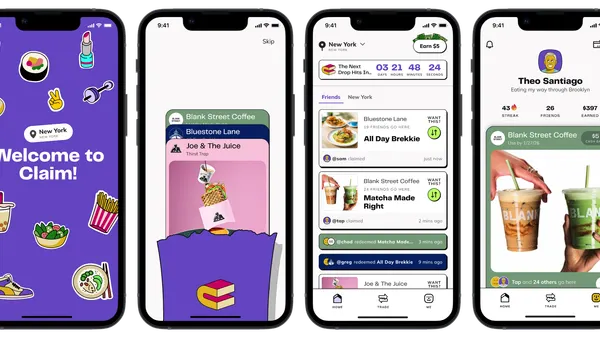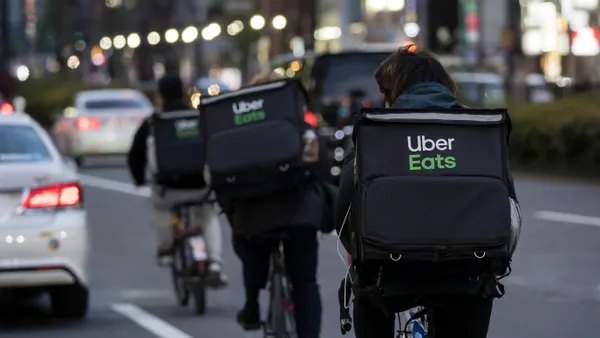In the quick-service restaurant (QSR) industry, scale and speed are the currency of growth. Global brands serve millions daily across continents, relying on technology to deliver consistency and efficiency. However, as more QSRs expand internationally, the winning formula isn’t only about global structure—it’s about pairing that structure with local service and partners who can bring flexibility, personalization and true collaboration to the table.
The Challenge of Scale and Why Structure Still Matters
Expanding across borders introduces a unique set of challenges for QSR operators. Regulations, consumer expectations, labor models and supply chains vary widely between regions. A centralized, one-size-fits-all approach often struggles to keep up with these differences.
For example, a kiosk ordering that works seamlessly in the U.S. may not account for payment preferences in Latin America, or a loyalty platform designed in Europe may not resonate with customers in Asia. Without the ability to adapt technology and services to local conditions, global QSRs risk creating friction for both customers and employees.
That said, structure remains critical. Global brands rely on standardized platforms, data frameworks and operating procedures to maintain consistency and security at scale. Structure ensures efficiency, compliance and a consistent customer experience, no matter the location. It enables economies of scale while giving global leadership confidence that their systems are secure, reliable and future-ready. A global approach ensures familiarity–your favorite restaurant feels the same and your french fries taste identical no matter where you are in the world.
Local Service as a Differentiator
While structure created stability, local service drives relevance. Industry leaders increasingly recognize that global brands must balance scale and agility in today’s competitive landscape. Local partners understand nuances, regulatory requirements and subtle expectations of regional customers and operators. That knowledge can’t always come from global headquarters and has to come from the ground up.
By embedding region-specific service and support, QSRs can move from being vendors to collaborators. Local partnerships enable brands to adapt quickly and meaningfully, whether it’s customizing loyalty rewards, training staff for regional workflows or addressing technical issues in real-time. This approach fosters trust among corporate teams, franchisees and operators—and ultimately enhances the overall customer experience.
Technology’s Next Chapter: Global Vision, Local Execution
As digital transformation accelerates, the stakes are higher than ever. AI-driven optimization, personalized recommendations and advanced analytics are redefining the QSR experience. Yet the brands that will thrive are those that pair technological sophistication with human-centric, localized service.
Leading technology providers are helping QSR brands navigate this balance by developing scalable solutions that can also be tailored to local needs. For example, Acrelec—an innovation partner with a presence in more than 70 countries—demonstrates how “GloCal” thinking can work in practice. Its approach bridges global consistency with local adaptability, from aligning with accessibility standards like ADA and EAA to optimizing customer journeys for regional preferences.
“Our clients don’t just need hardware or software; they need commitment,” said Bruno Lo-Ré, Global F&B Director & CEO Acrelec Americas. “The real magic happens when global structure and local service work together. Structure provides the backbone, while local adaptability ensures relevance in every market.”
Acrelec’s Double-Check platform, for instance, which analyzes over six million orders and enables identification and reworking of 360,000 orders before delivery each week, helping brands enhance customer satisfaction, contributing to an average +0.3 star increase on online review platforms. It’s a model that shows how data-driven innovation and localized support can coexist effectively.
The Future of QSR Technology
Global QSR brands are navigating one of the most complex operating environments in history. To win, they must strike a balance between structure and flexibility. A strong global framework ensures consistency, efficiency and security. Local service and partners bring adaptability, personalization and trust.
As Lo-Ré notes, “The QSRs that will win are the ones that can combine cutting-edge digital experiences with local trust. That’s the future of this industry—global vision powered by local execution.”










